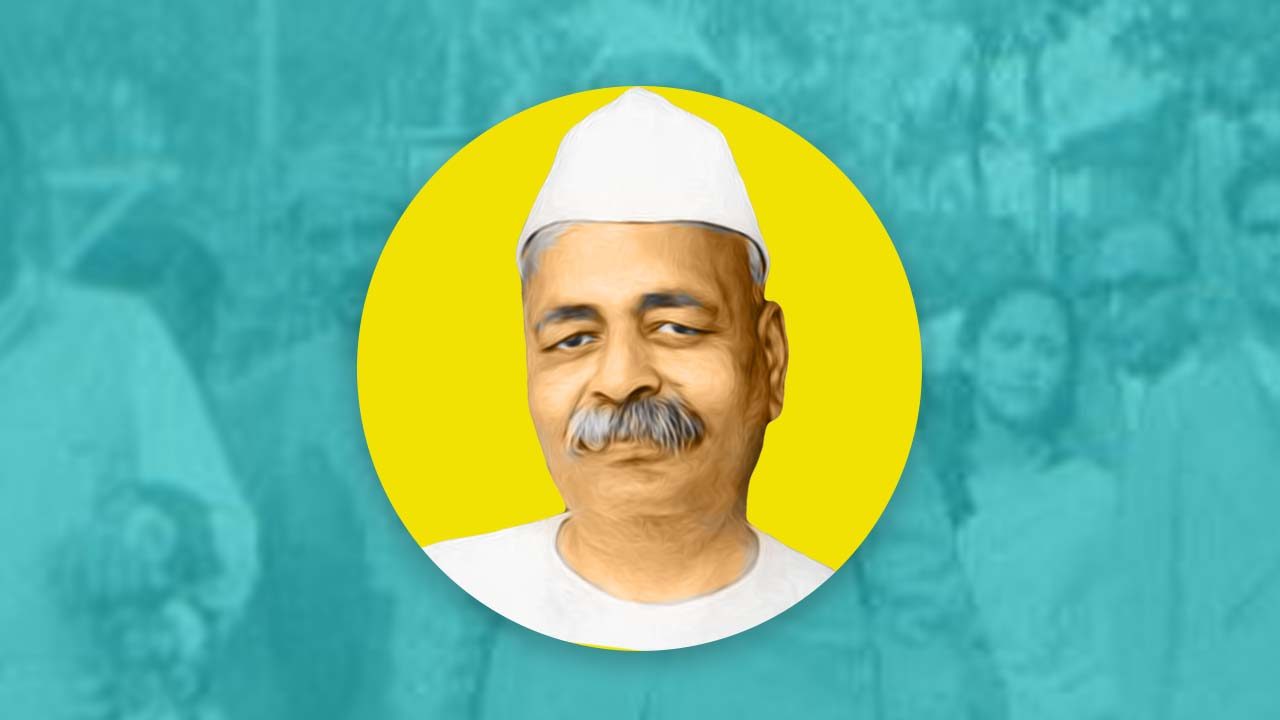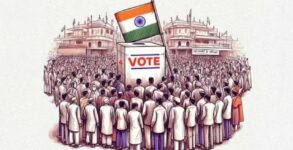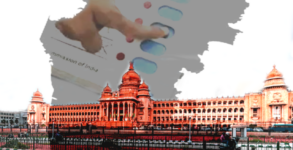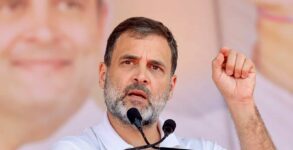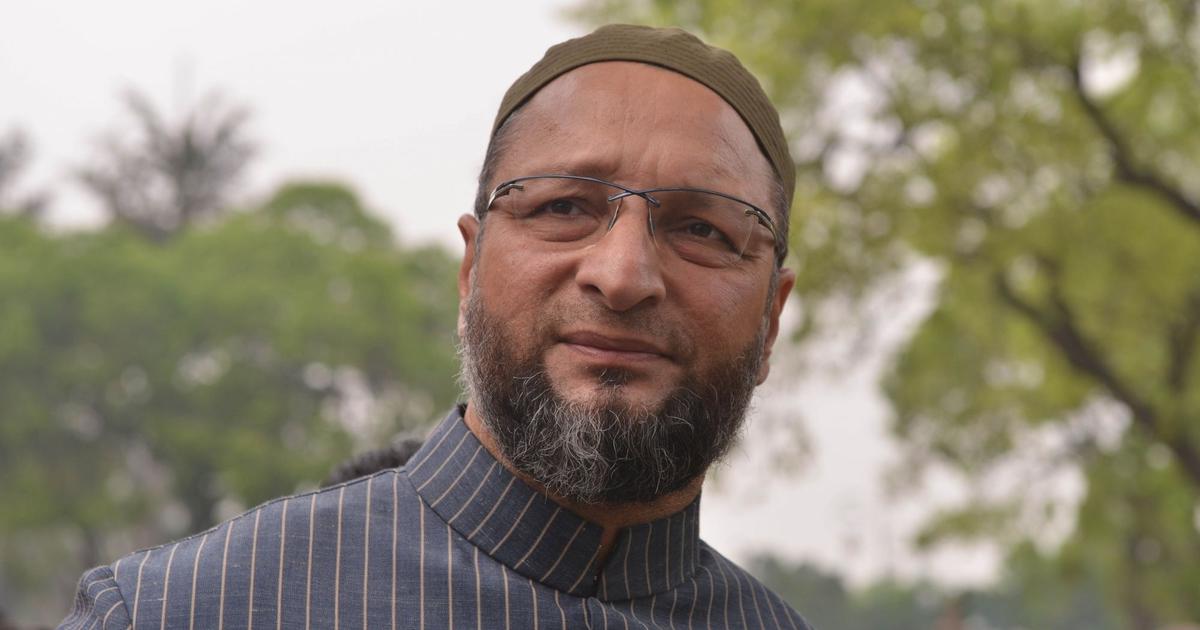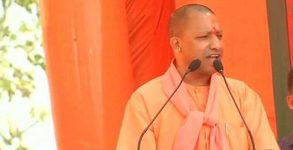Pandit Govind Ballabh Pant was among the architects of modern India. Pant played a key role India’s Independence movement and was an important figure in the Indian Government.
Pant was born on 10 September 1887 in Khoont village near Almora, in a Karhade Brahmin family. His father Manorath Pant was a government official who was constantly on the move, while Govind was brought up by his maternal grandfather.
Pant received his education from Allahabad University and went on to work as a lawyer in Kashipur.
In 1921, he entered politics and was elected to the Legislative Assembly of the United Provinces of Agra and Oudh.
Pant was arrested and imprisoned for many weeks for organising a Salt March inspired by Gandhi’s earlier actions. In 1933, he was arrested along with Harsh Dev Bahuguna and imprisoned for seven months for attending a session of the then-banned provincial Congress.
5 years later, the ban was rescinded, and Pant joined the new Legislative Council. During the Second World War, Pant acted as the tiebreaker between Gandhi’s faction, which was in favour of supporting the British Crown in their war effort, and Subhas Chandra Bose’s faction, which advocated taking advantage of the situation.
Pant’s stable governance in the Uttar Pradesh stabilised the economic condition of the state. Pant moved from Lucknow to New Delhi to be sworn in as Cabinet Minister without Portfolio in the Union Cabinet on 3 January 1955.
Pant served as Union Home Minister between 1955–1961 and was was appointed Minister of Home Affairs in the Union Cabinet. As Home Minister, his chief achievement was the re-organisation of States along linguistic lines. He was also responsible for the establishment of Hindi as an official language of the central government and a few states.
During his tenure as the Home Minister, Pant was awarded the prestigious Bharat Ratna.
In 1960, he suffered a heart attack. His health started deteriorating and breathed his last on 7 March 1961 at the age of 74. At that time he was the Home Minister of India.

